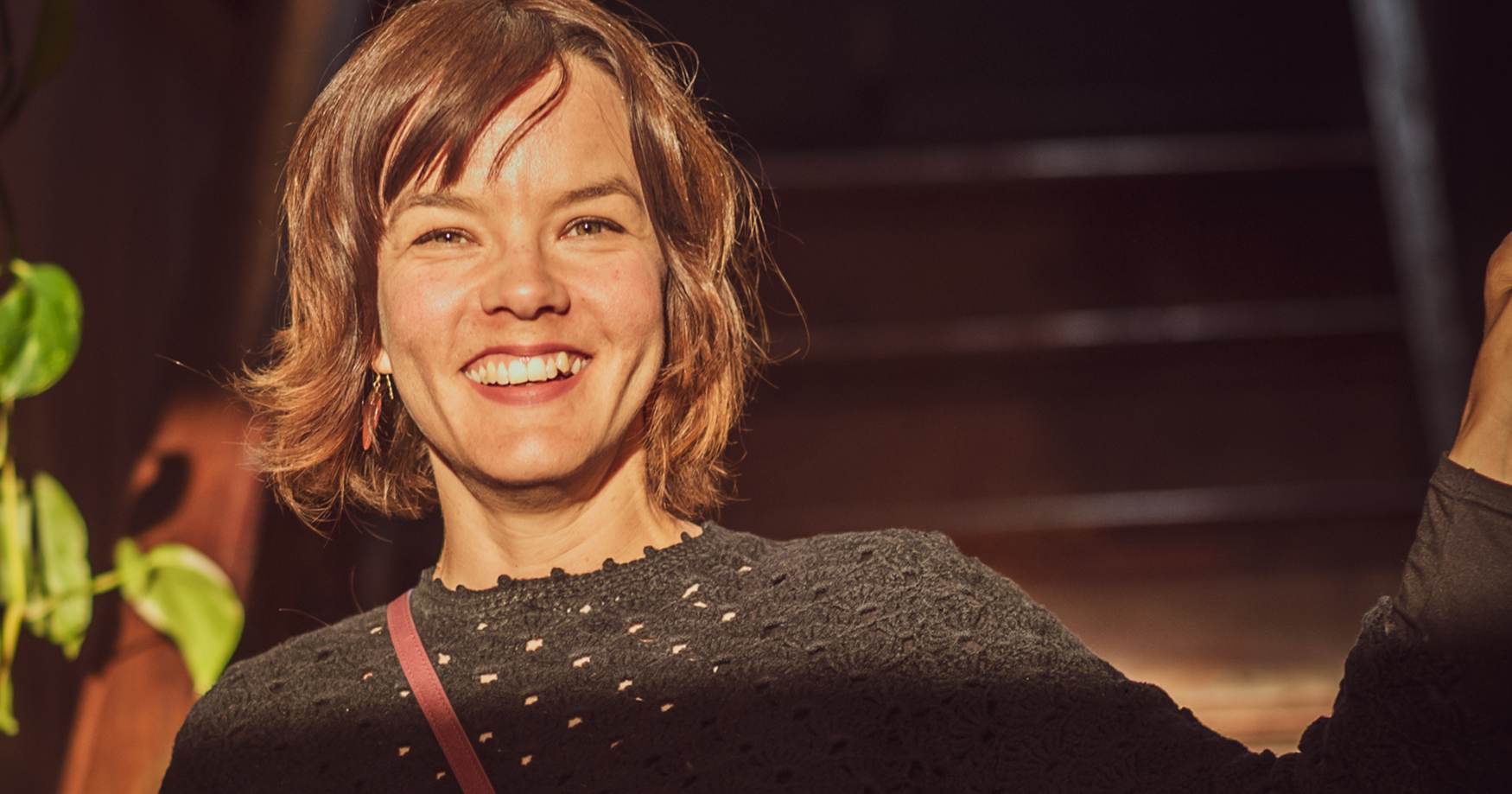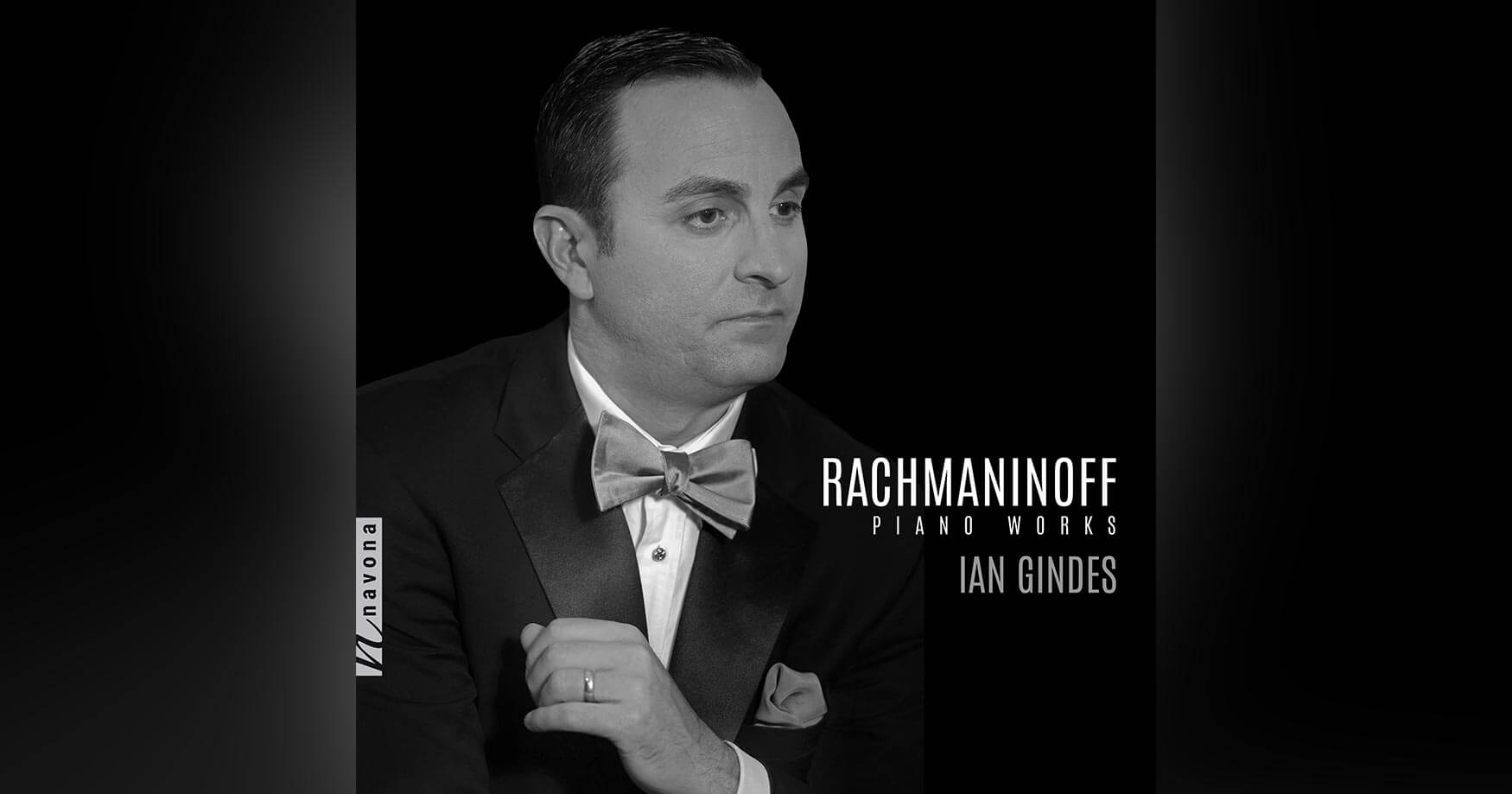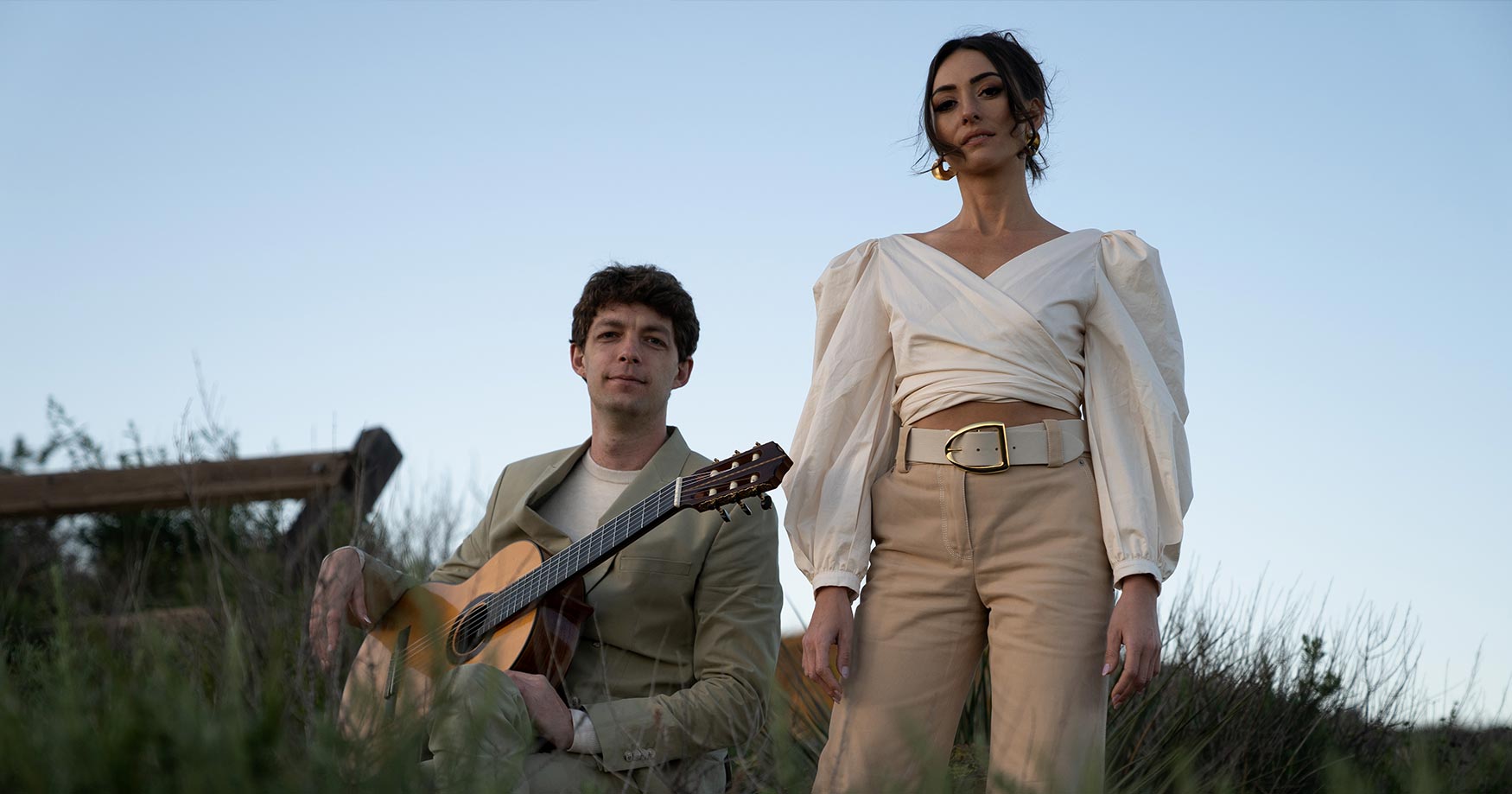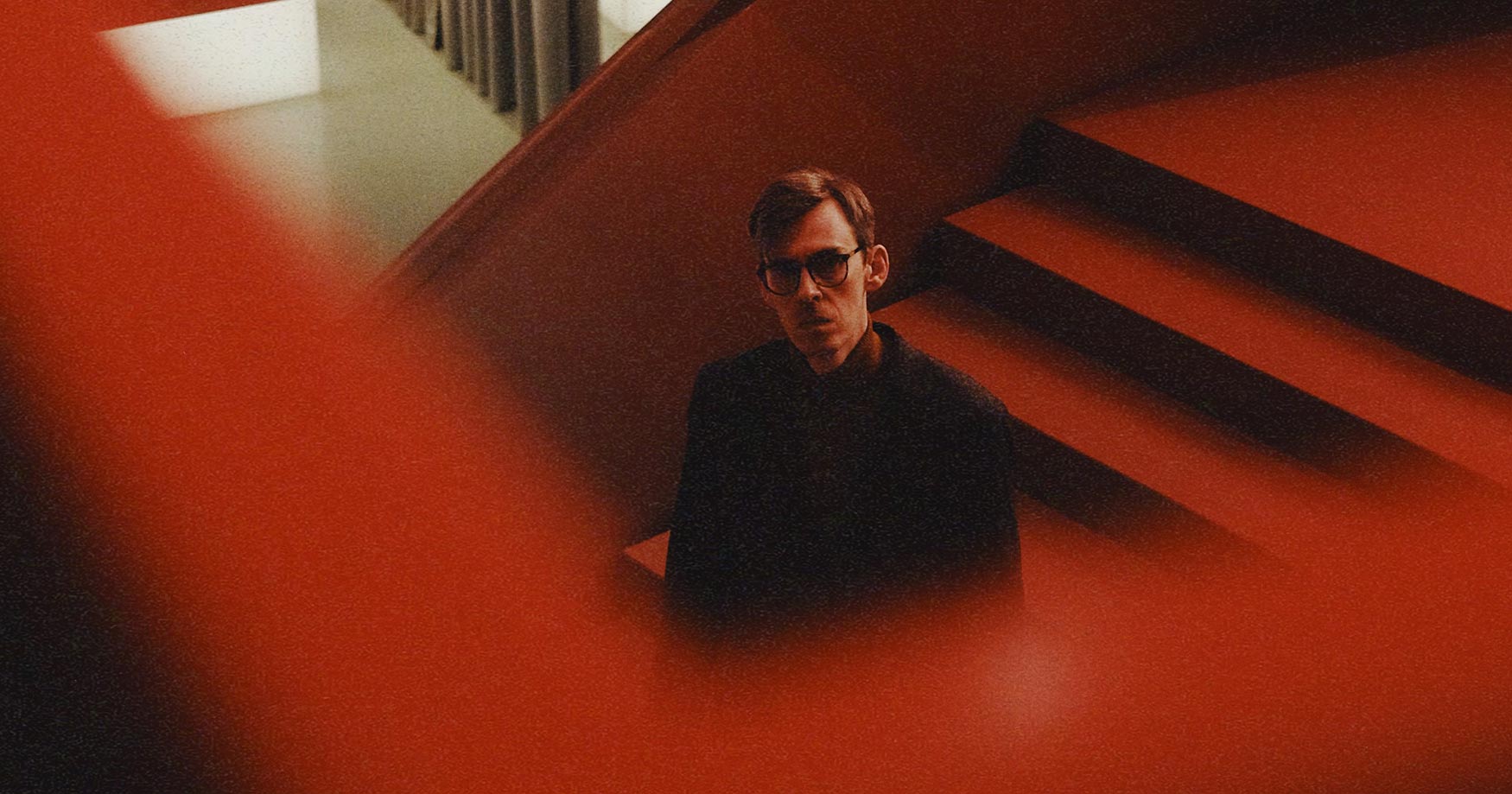Zephyr Quartet’s new release, EPILOGUE, betrays expectations in the best manner possible. Listeners expecting to hear traditional (or even contemporary) classical music from this Australian string quartet will be in for a big surprise when they find tracks that resemble those of – wait for it – a great modern pop or rock group instead. But there is more: the immediate accessibility of their music almost instantly reveals a great depth, profundity and musical richness, to the point where it will find only few rivals in contemporary composition.
The album is comprised of works by each of its members, including cellist Hilary Kleinig, who performs on baroque/classical cello with period specialist chamber ensembles such as Ensemble Galante, Adelaide Baroque, Adelaide Chamber Singers and the Australian Brandenburg Orchestra. At the other end of the musical spectrum she also is a skilled improviser and plays amplified cello with various experimental and improvising ensembles such as Zeitgeist Orchestra.
As an independent artist she has worked as composer, sound designer, performer and musical director for many dance and theater shows, and has been commissioned to write music for the Adelaide Symphony Orchestra, Adelaide Chamber Singers and the Adelaide Youth Orchestras.
Today, Hilary is our featured composer in “The Inside Story,” a blog series exploring the inner workings and personalities of our artists. Read on to discover the magic that can happen with good friends and a first take…
Who was your first favorite artist growing up?
The first band I really got into was The Beatles. This was kind of by default as my brother listened to them incessantly so I had no choice but to get to know them and fall in love with their music. I remember being stuck in the back of the car on long road trips around Europe with my family singing whole Beatles albums together – fun!
A little later as a teenager when I had discovered some artists that I liked, I saved up my pocket money and went to the record store to buy my first CDs. It was really memorable for me because CDs were the new latest-and-greatest thing! I bought Björk’s Debut, Under the Pink by Tori Amos and Mama Said by Lenny Kravitz and I still have and love these albums. I remember being inspired as a young cellist that both Björk and Lenny Kravitz used cello beautifully on their records.
When did you realize that you wanted to be an artist?
I’m not sure that I ever thought to myself “I want to be an artist,” especially not as a child or young adult. I made a choice when I left high school to study the thing that gave me the most joy, and that was music. I feel that my career has progressed by happy accident, making many little decisions to follow something that interests me or excites me, rather than by making big decisions or coming to dramatic realisations – I still feel like I’m making it up as I go along!
What is your guilty pleasure?
Having the time to do the things I love – yoga, walks on the beach, being in nature, cuddles with my children, eating lots of cheese, sharing good food and wine with family and friends.
Life is so busy and there is so much pressure to always be doing things it feels (wrongly, I know!) that these are guilty pleasures.
If you could make a living at any job in the world, what would that job be?
I actually quite like what I do, but if I had to choose something else I would live in the country somewhere and run an organic garden café. I love cooking and I love growing fruit and vegetables. I think that there is nothing better than cooking food that you have grown, picked fresh from the garden. At the moment we are enjoying basil, tomatoes, zucchini, beans, cucumbers and lots of greens. We do what we can in our inner-city back yard – we have chickens, vegetable gardens and fruit trees – but it would be amazing to take this to another level!
What was your favorite musical moment on the album?
I have lots of favourite musical moments on the album but a pretty incredible moment for me personally was when we were recording my piece Exquisite Peace. Belinda hadn’t played this piece before so we were planning on rehearsing then recording the work with her in the studio. Our engineer Peter recorded our first play through as well as a few subsequent takes but we actually ended up using our first ‘rehearsal’ take. It was the first time that Belinda had played this piece through – she played it so beautifully straight away!
Is there a specific feeling that you would like communicated to audiences in this work?
In a world that seems to have currently gone a bit mad, the feelings that I would like audiences to take from EPILOGUE are beauty, peace, and timelessness (which sounds a little cliché I know!)
When we were thinking about the album as a whole, trying to understand about what, if anything, it expressed as a body of work we came up with the following words about it:
Some things in life change and some things stay the same.
The music on EPILOGUE, written between 2013-2019, comments on both sides of this dichotomy.
The pieces respond to social, cultural, and political ideas of past and present times and their influences are wide-ranging: the power of music to connect all people regardless of language and cultural background; the poetry of fellow South Australian, Syd Harrex; notorious female figures; a song sung before white settlement in Australia; feelings of trepidation and joy, fragile peace, and time standing still; an observation that our departed loved ones are sleeping close by; and an attempt to seek simple beauty.
Perhaps in this time of great uncertainty it is of comfort to remember that in fact much about our human existence stays the same and that there is always beauty to be found, peace to be sought and the timelessness of life before and after us to remind us that we are very small in the grand scheme of things.
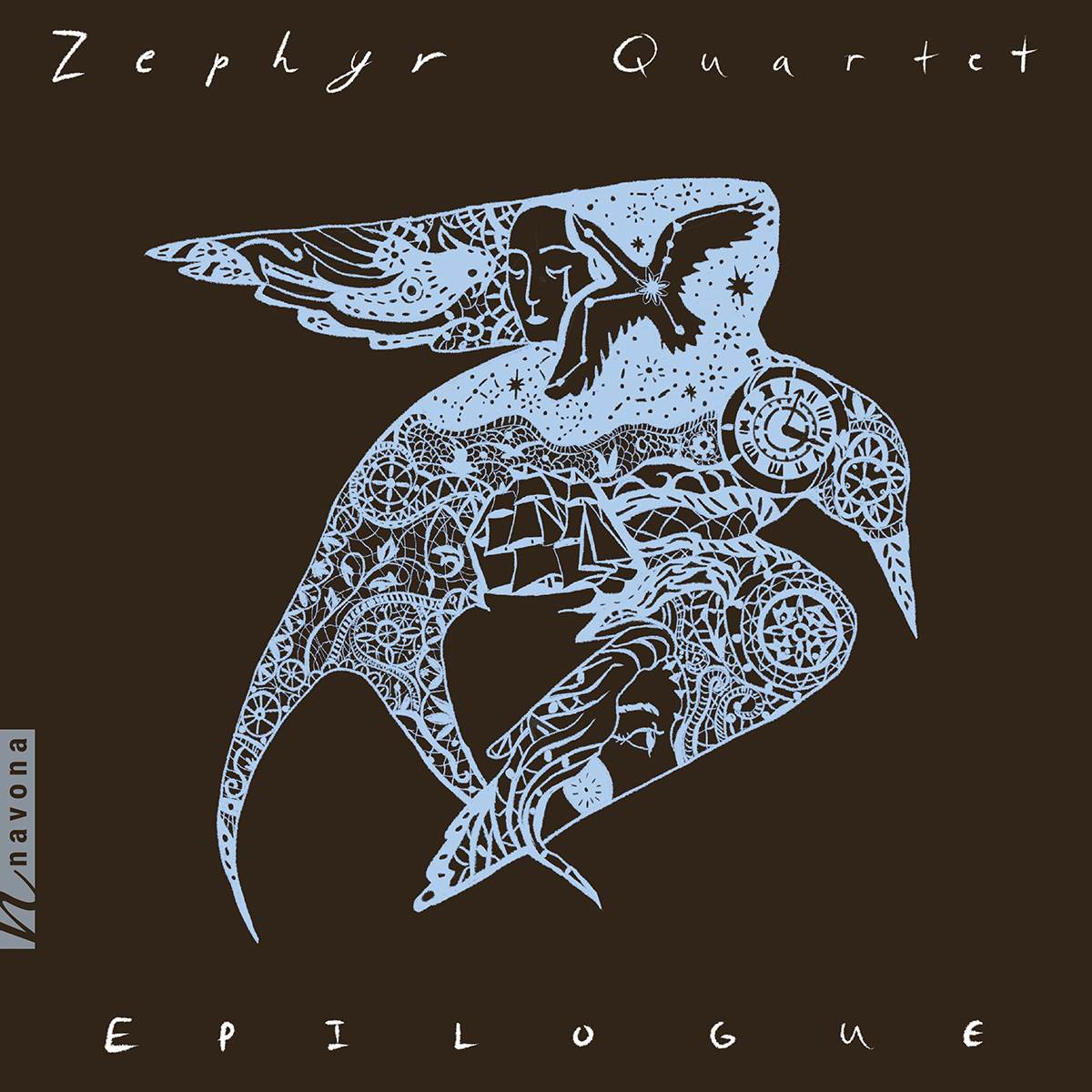
EPILOGUE featuring Hilary’s pieces Great White Bird, Cockatoo, and Exquisite Peace is now available to stream or purchase through Navona Records. Click here to explore this new album.
